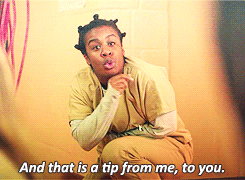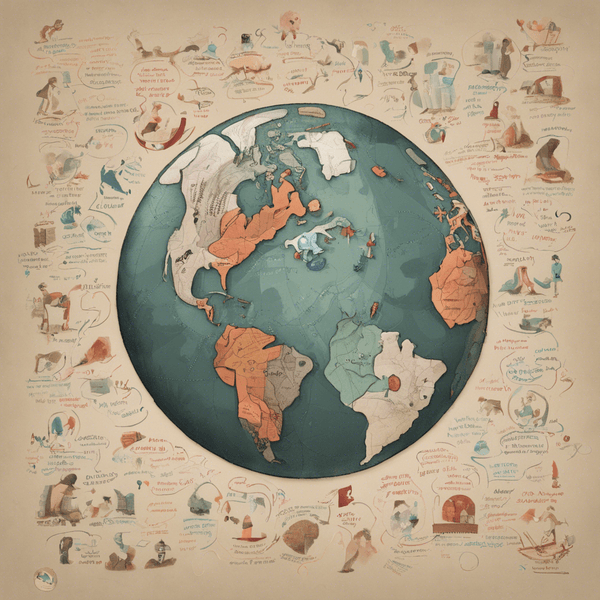A Little Skepticism Goes A Long Way
Be informed citizens and verify what you see and hear.
These days more than ever before we are being bombarded constantly by a lot of news and information, a considerable amount of which is inaccurate. Sometimes there's an agenda behind it to mislead people and other times its just rumors or distortion of the facts. So, how do you sift through all this and get accurate information? How can you avoid being misled or brainwashed?
This is an important topic because the decisions each of us make can affect others. And if you are a responsible citizen your decisions can affect large numbers of people, hopefully positively, but negatively as well.
It's been said that common sense is not something that can be taught, but I am going to disagree. I think with the right training, teaching the fundamentals behind common sense can get people to have a better sense of what it is and start practicing it. All you will need is to improve your general knowledge and gain some experience, college is a good place for that, then add a little skepticism and you are on your way to start making sensible decisions.
One of the fundamental things to remember is not to believe a statement at face value, you must first verify. Even if you believe it's from a trusted source, they may have gotten their info from a questionable one. There's a saying that journalists like to use: "if your mother said, 'I love you' you should verify it.'" While this is taking it a bit too far, you get the idea.
If you feel that something is not adding up, or doesn't make sense then you are probably right. This is all the more reason to check something out further. In the past, if someone showed a picture or video of something that was sufficient proof. But nowadays with so many videos and picture editing software, it would have to go through more verification to prove its authenticity. That's not the case with everything but that's something that often needs to be done.
One way of checking if something sounds fishy is to look at all the parties involved and what do they have to gain and lose. This sometimes is easier to use when you're dealing with a politics-related issue, but it can work for other things where more than one person/group is involved. For example, most people and countries as well will not do something that is self-destructive, so if one party is accusing the other of doing something self-destructive or disadvantageous then it's likely that there is something inaccurate about the account. Perhaps the accusing party is setting the other one up or trying to gain some praise they don't deserve.
A lot of times all it takes is a little skepticism and some digging to get to the truth. So please don't be that one which retweets rumors or helps spread misinformation. Verify before you report it.


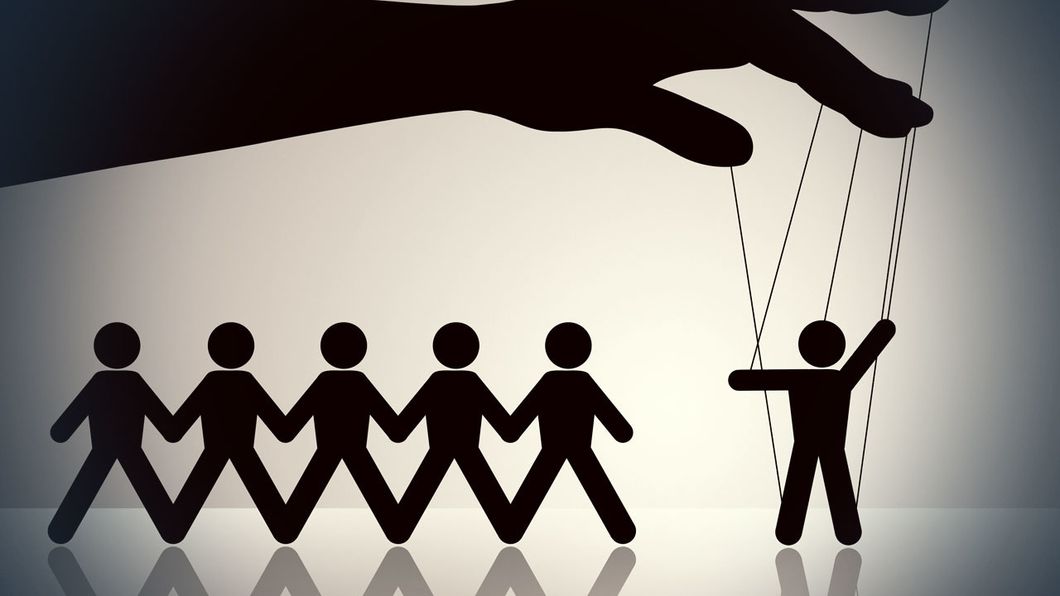
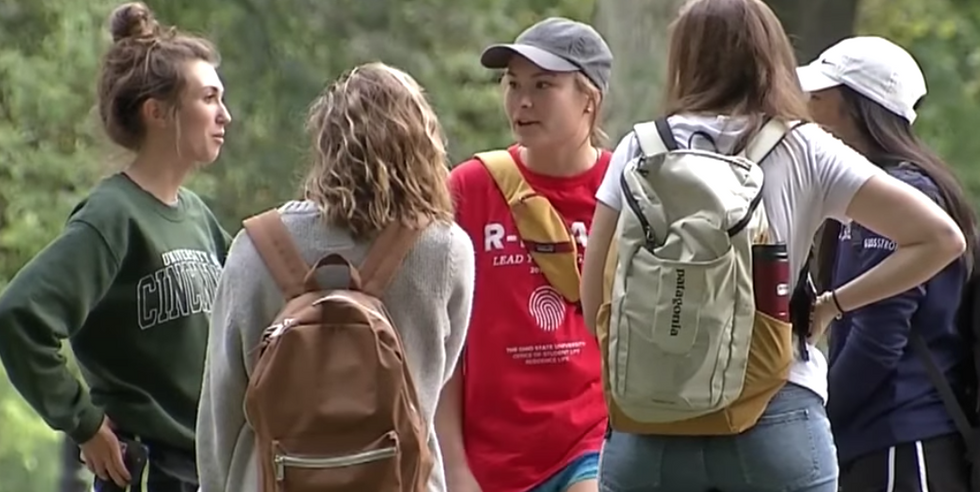

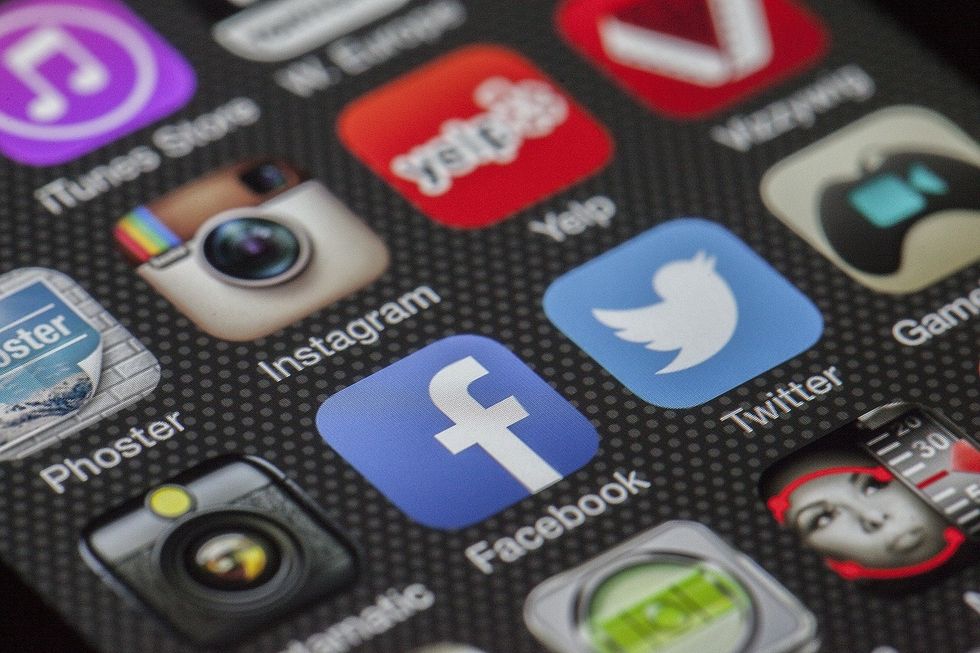

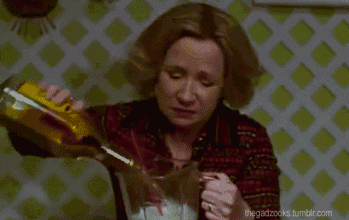
 media.giphy.com
media.giphy.com Giphy
Giphy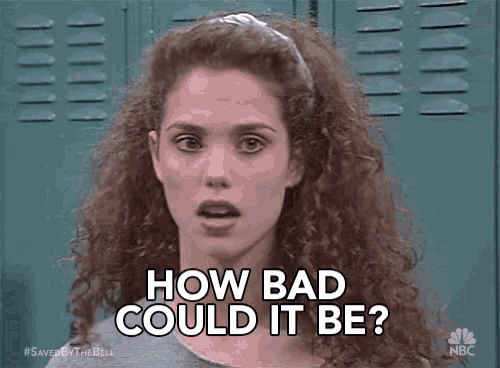 media1.tenor.com
media1.tenor.com